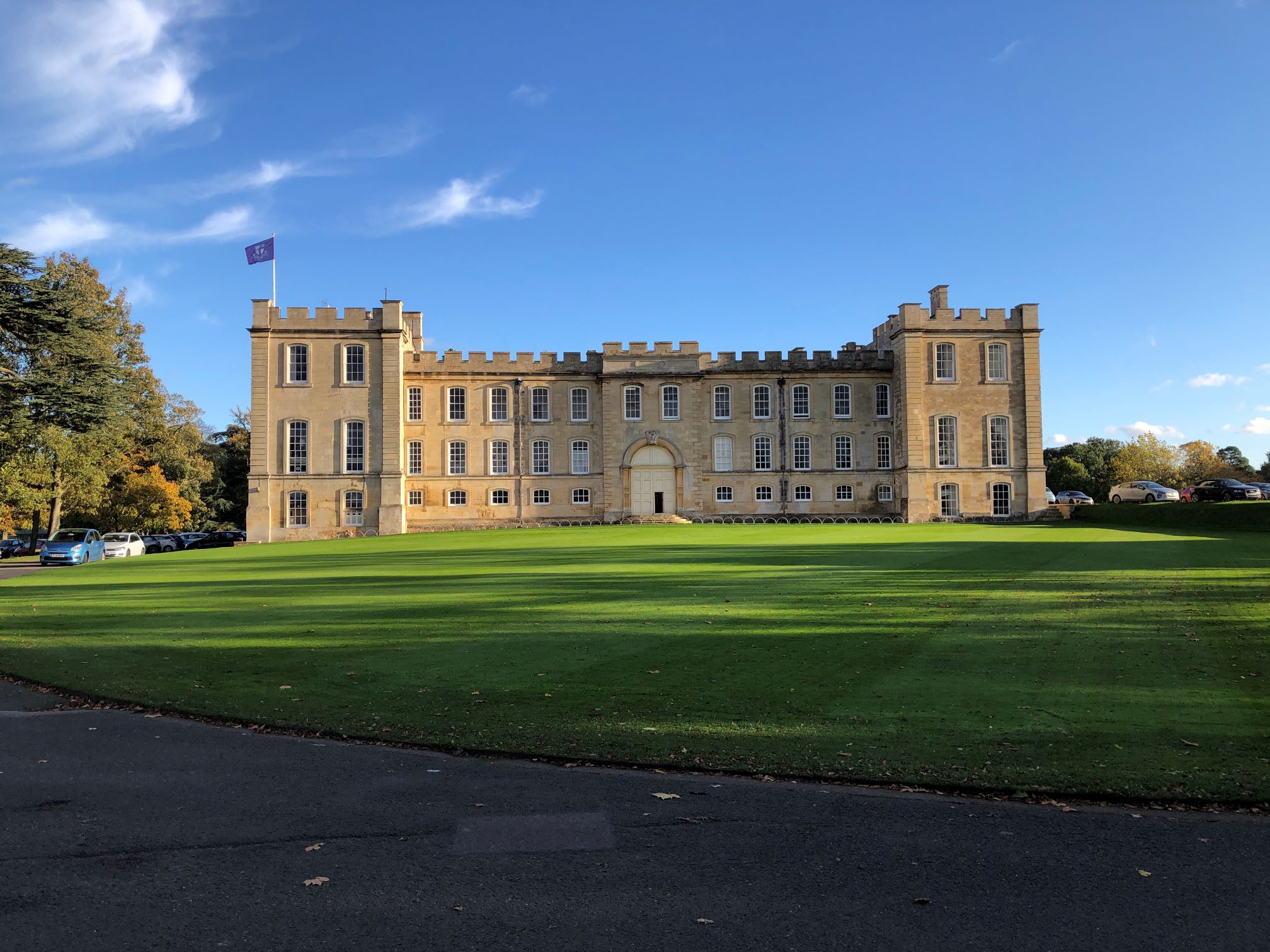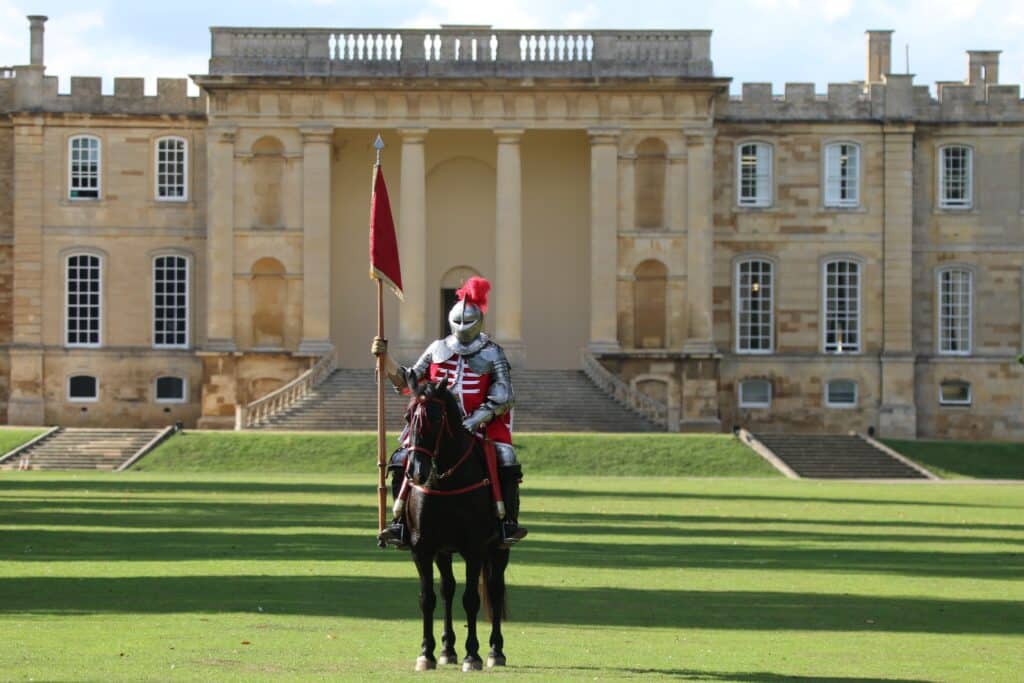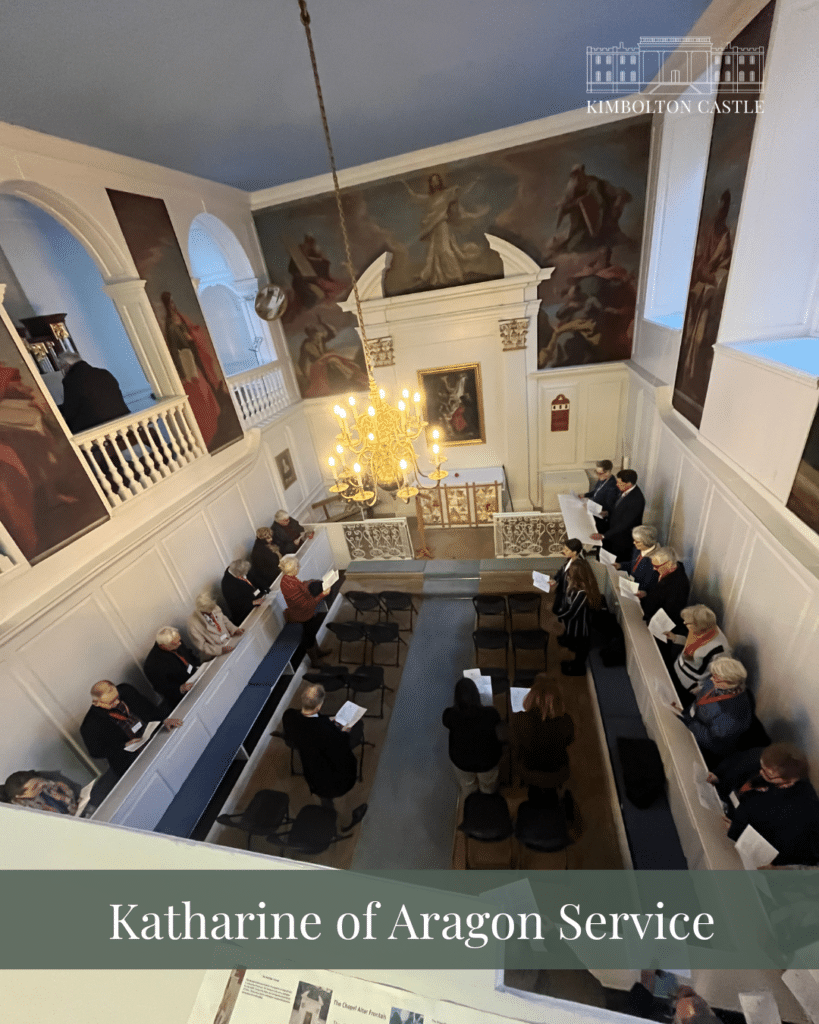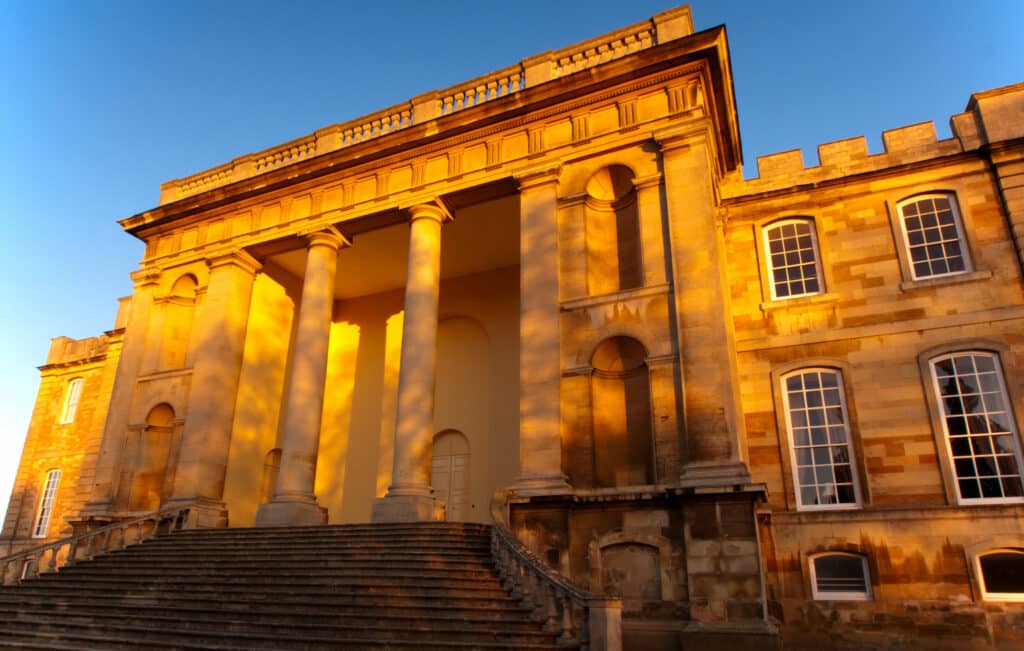Architect, playwright, soldier, spy, courtier, diplomat and garden designer: there are going to be a myriad of ways to meet the remarkable Sir John Vanbrugh (1664-1726) through 2026, his tercentenary year.
Presented by the Georgian Group – the conservation organisation founded in 1937 to protect and promote Georgian heritage – VANBRUGH300 will include events and activities across the year at six of the architect’s most significant creations: Castle Howard, Blenheim Palace, Seaton Delaval Hall, Grimsthorpe Castle, Kimbolton Castle and Stowe House.
The aim is to broaden the awareness of Vanbrugh through exhibitions, free education programmes and lectures, kicking off on the weekend of 27 March at Seaton Delaval and running throughout the spring and summer. Everything you need to know can be found on a just launched dedicated website, www.Vanbrugh300.co.uk
The Rockstar of the English Baroque – Stone, Stage and Statecraft isa special display which will take place concurrently at the six houses during spring and summer and will introduce visitors to the incredible life and work of Vanbrugh.
Through a series of pictures, drawings, portraits and engravings, plus quotes from his plays, contemporaries and letters, The Rockstar of the English Baroque – Stone, Stage and Statecraft
will reveal the fascinating stories behind the man who rose from early life as the son of a sugar merchant. His stellar career took him from the stage to stone – as one of the pivotal playwrights of Restoration comedy whose works are still performed and loved today and the forefather of the likes of Sirs Foster and Rogers as the original ‘starchitect’.
Along the way, visitors to Vanbrugh’s participating masterpieces will be able to discover more about Vanbrugh’s brief career as a merchant with the East India Company, his political involvement in France’s Glorious Revolution of 1688 and his time as a prisoner in the Bastille and subsequent parole in Paris, where he was able to observe the city’s architecture. A man of many talents, Vanbrugh also embarked upon a successful writing career, with his first play The Relapse performed in London’s Drury Lane in 1696.
The overall display will also tell visitors of Vanbrugh’s connection with each house, including his relationships with his patrons, the architectural features designed by him that make each house significant and the legacy of his work.
The panels in all the country houses will open during the Easter holidays in 2026 and have been curated by the eminent Vanbrugh historian, Rory Fraser.
The special display is also intended to act as an inspirational signpost to the other venues, encouraging people with a new-found appreciation of Vanbrugh and his work to visit all six houses taking part in the VANBRUGH300 programme.
A corresponding display will also be staged at the Georgian Group’s HQ at 6 Fitzroy Square, London, in August 2026.
As part of its mission to promote and protect our Georgian heritage, the Georgian Group is also coordinating a complementary series of educational projects, in which Vanbrugh’s story will provide material to support the national curriculum learning in schools and initiate exploration with local communities.
The year-long VANBRUGH300 programme will not only be offering over 3500 primary school children the opportunity to participate in a full package of FREE learning activities during the commemorations, but every participating palace, house and castle will be hosting its own, special Vanbrugh weekend* during the spring and summer of 2026.
These events will include lively storyteller performances, along with creative workshops for families and community groups alike to drop-in and try their hand at any number of activities, from paper costume making, creating Vanbrugh style cardboard buildings or even the opportunity to share in a mini performance based on Vanbrugh’s restoration comedies.
Another highlight of VANBRUGH300 will be a series of free lectures at all the participating historic houses, taking place across Spring and Summer of 2026. These may take the form of panel discussions, an ‘in conversation’ format, or a more traditional lecture style and span the many areas of Vanbrugh’s fascinating life. Speakers will vary from house to house, some being experts on Vanbrugh’s life, some specialists in 18th Century architecture or fans of Restoration Comedy, other talks will centre on the politics of the period and some on the context of the Kit-Cat club, all anticipating diverse audiences who want to know more about the houses the lectures will be held in, the man who designed them and the period in which he lived.
Dr Anya Lucas, Director of the Georgian Group, says “The tercentenary of Vanbrugh’s death represents an important opportunity to celebrate and bring to the fore the story of one of our period’s great architects, a bold and theatrical figure who is sure to have broad appeal and who should be better known. VANBRUGH300 will bring the life, stories, and work of Vanbrugh together for a wide range of audiences.”
She added, “One of our key aims is to work with young and local audiences in each area. Importantly, transport to the Houses for young people will be largely funded by the project as this can be a barrier for school visits. By hosting community-driven programmes and collaborations with local people, VANBRUGH300 will also contribute to local creative economies and help to drive tourism to the regions.”
Other events taking place in VANBRUGH300 include an exhibition at the Sir John Soane’s Museum and a major international symposium.
Sir Charles Saumarez Smith CBE, whose new biography of the architect John Vanbrugh: The Drama of Architecture is published in November 2025, is a curator, along with Roz Barr, of the Sir John Soane’s Museum exhibition John Vanbrugh: The Drama of Architecture. The show, which is organised jointly with the Victoria and Albert Museum and runs 4 March – 28 June 2026, will be an opportunity to see as many of Vanbrugh’s drawings as possible, not just for his major projects like Castle Howard, but his smaller more experimental drawings for schemes such as the housing estate he planned at Greenwich.
The symposium on Vanbrugh’s life and work organised by The Georgian Group and The Ax:son Johnson Centre for the Study of Classical Architecture will be held at the University of Cambridge on 27 March.
There will also be a service of commemoration at St Stephen Walbrook in the City of London on 26March 2026 at 3.30pm.
This festival celebrating the life and achievements of the man who did so much to shape the way we see and understand our country today, has been made possible by a grant from The National Lottery Heritage Fund, with additional support from the Paul Mellon Centre for Studies in British Art.
Information on all the activities can be found on the dedicated Vanbrugh300.co.uk website and all the participating houses.



